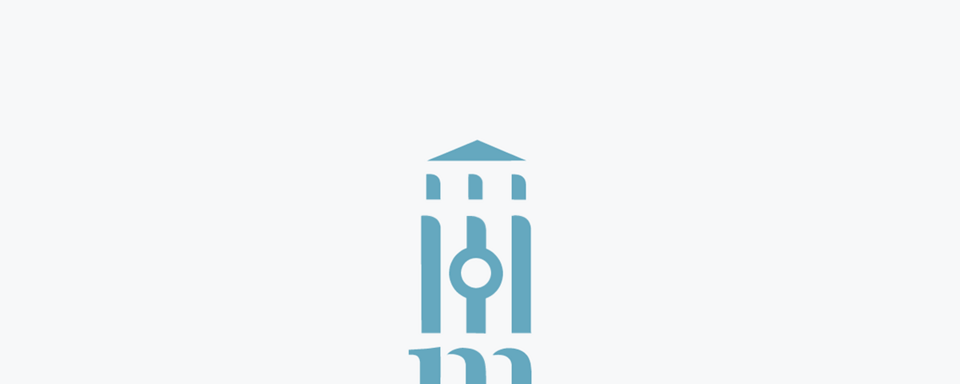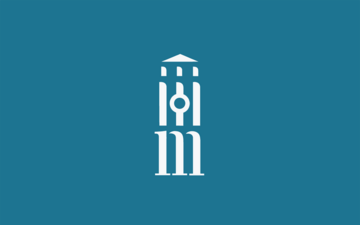Celebrating Mark Saunders, Pioneer of University Press Digital Publishing

In mid May Mark Saunders, director of the University of Virginia Press, unexpectedly passed way at the tragically early age of 52. As we celebrate and commemorate their life, the sudden passing of a friend and colleague will always cause us to pause and look around gratefully at the people with whom we spend our days -- family, co-workers, neighbors. As the Association of University Presses meets in Detroit, June 10- 14, U-M Press is participating in a "Celebrating the People of AUPresses" blog tour. This aims to honor Mark Saunders by celebrating the individuals we work with. This blog is linked on social media (Twitter hashtag #WeAreUP) to other reflections from presses including Fordham, Colorado, Mississippi, Duke, Chicago, Columbia, Texas, Harvard, California, Purdue, Illinois, Wilfrid Laurier, Florida, Temple, Arizona, Princeton, South Carolina, MIT, New South Wales . . . and of course Virginia.
I first met Mark Saunders in 2004 when I was working in New Jersey. I remember stepping off the Amtrak Cardinal train in Charlottesville and being met by Mark in his beat-up Subaru, apologizing for the pet hair and scattered musical instruments -- the chaos of his car in marked-contrast to the rigor of the impressive digital publishing program he then whisked me round. Rotunda, which publishes "digital scholarship along with newly digitized critical and documentary editions in the humanities and social sciences" remains one of the most innovative electronic publishing programs in the world today, but 15 years ago it was truly mind-blowing in its ambition and its staff's expertise. TEI, XML, JavaScript, . . . back in 2004 these were not the words that flew around most university press offices. While many other digital programs founded in late 1990s and early 2000s have foundered, Rotunda has sustained its products and services to create extraordinarily important scholarly collections related particularly to America's founding era, including landmark collections of papers from presidents and first ladies. It was those early design choices that Mark and his colleagues made, as well as the culture of constant improvement that Mark instilled, that makes this so.
The experiences of Rotunda have been formative in shaping the myriad of digital platforms and projects that exist in the university press community today, not least because Mark was generous in sharing not only successes but also failures. The academic ebook ecosystem in the USA is now a place of great dynamism thanks substantially to the pioneering work at Virginia and the continued support of the Andrew W. Mellon Foundation. With the Foundation's support we have, for example, been able to develop the Fulcrum project at University of Michigan Press and Library over the years since 2015, working particularly closely with colleagues at University of Minnesota Press, Northwestern University Press, Indiana University Press, Penn State University Press, Stanford University Press, and New York University Press.
One thing particularly on Mark's mind as we walked across the University of Virginia campus to meet with then director Penny Kaiserlian was the "organizational culture question." In other words the degree to which the rest of the UVa Press could learn from the experiences of Rotunda and how much "digital" could be integrated into a publisher renowned (as it still is) for the quality of its often highly-illustrated print books. Whether to focus initial investment in a separate "digital initiatives" unit or to gradually shift position descriptions to encourage digital capacity across the organization has become a organizational design choice that varies by press director and culture. What Mark saw then, as usual far before most of the rest of us, was that the biggest impact of digital technologies on book publishing would be on our people. On cultural and organizational change, not hardware and software.
As its rather pretentious name suggests, Fulcrum has become not just a publishing platform for University of Michigan Press, but also a catalyst for changing roles and responsibilities across the organization. There is indeed at Michigan the equivalent of a digital initiatives unit, the Publishing Technology Group, and this draws upon the capabilities of a large Library Information Technology group to project manage, develop, and maintain the multiple code components that comprise the open source platform. But the jobs of everyone else at the Press have been transformed by the work that it takes to create digital files that can be uploaded to the UMP Ebook Collection as well as used for print.
Consider, for example, the work of the acquisitions department; acquisitions editors and editorial associates/assistants (EA). It used to be that an initial conversation between a prospective author and an acquisitions editor could start from a common understanding of what a "book" would look like; focusing on the "content" not the "format." Understanding the potential digital components and how those match with the strengths of the Fulcrum platform now is requiring a step back to understand the research process behind the manuscript as well as the manuscript itself. Once a book has been acquired, the editor now requires a strong understanding of the requirements of an accessible ebook in order to help the author prepare. Good alt-text requires that the person closest to the argument write the descriptions of visuals, ideally integrating such description into the flow of the text so that the user of the screen reader is fully prepared when they come to the image itself. An EA now needs to coach an author through the process of making accessible both still images and, increasingly, audio and video files. Then to help them with the even more complicated rights and permissions documentation that is often required for electronic products.
Such transformations in roles affect every department in the Press -- Production, Sales and Marketing, Business and Administration, as well as Acquisitions. They impose additional burdens on already busy people and bring with them the inevitable stress of managing change while also trying to hit remorseless deadlines and exceed author and reader expectations. But on good days we also receive grateful thanks from a blind reader who can advance their academic career because our EPUB3s interact seamlessly with their preferred reading software, receive a glowing review from an audio magazine for one of our multimedia products, or hear from an author about the unexpected readers her open access edition has reached.
15 years ago, Mark was anticipating all of this; the coming pains as well as pleasures of digital disruption. And that is because, as the many tributes that have been shared make clear, Mark Saunders was an exceptionally humane person. Adept with the technology behind the scenes, his concerns were always for the human implications of digital innovation and especially the way in which new inequities might be introduced. In recent years Mark had, for example, been exploring the opportunities of opening access to digital materials without requiring authors to pay publishing charges through his leadership on the Steering Committee of the TOME (Toward an Open Monograph Ecosystem) project and creation of the Aperio open access press at the University of Virginia. At the AUPresses meeting this week, he would have spoken about a new project to federate accessible ebooks created at one institution to other institutions, dramatically increasing the availability of academic materials to print-impaired readers through an efficient digital exchange system.
These initiatives and the digital transformation of the university press community will continue. There will be an empty seat at the table and we will miss the sound of Mark's distinctive voice and the sense he always spoke. What remains, however, is his constant reminder that technology choices have deep social implications, that digital innovation challenges us to always stay true to our analog values, and that remaining humane in a silicon world is always what matters most.


